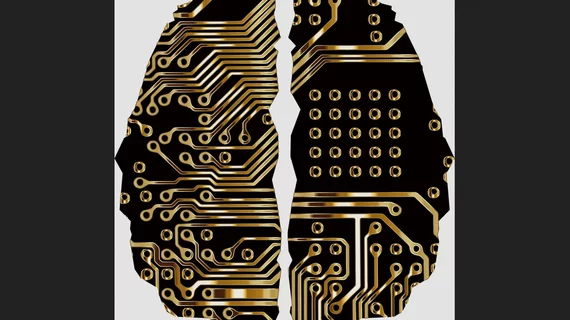As if he doesn’t have enough busywork juggling Tesla Motors, SpaceX and the Boring Company, Elon Musk seems to be serious about Neuralink too.
That’s the company he founded about a year ago to finally pull off a working brain-machine interface (BMI) using chips and wires implanted in or near the cranial cavity and computers nearby.
Musk has his eye on medical applications to get Neuralink rolling—and he sees AI playing a major supporting role from its outset.
“If you can sense what people [with paraplegia] want to do with their limbs,” for example, “you can do a second implant where the spinal injury occurred and create a neural shunt,” Musk said at a demonstration heading into last weekend.
As for AI, he sees a “control it before it controls us” scenario taking shape.
Musk “envisions people using Neuralink to connect to their own digital AI incarnations so ‘the future is controlled by the combined will of the people of Earth,’” CNET reports from the Friday demonstration, the star of which was a pig named Gertrude who was evidently hooked up to a prototype.
“It’s going to be important from an existential threat perspective,” Musk elaborates, “to achieve a good AI symbiosis.”
Along with the unveiling and its attendant sci-fi imagineering, CNET writers Stephen Shankland and Jackson Ryan cover internal squabbles at Neuralink, skeptical competitors and peer-reviewed research conducted to back up the company’s claims.
Which is to say there’s plenty of story behind the story—and more fodder for Elon Musk watchers.
“Musk is stretched thin, but he’s also delivered on key promises like producing compelling electric vehicles and lowering satellite launch costs,” Shankland and Ryan write. “Musk has a knack for picking business problems that are difficult but attainable.”
Read the rest and take a look at Gertrude and pals, clearly unperturbed by whatever gizmo has been implanted in their brains.

